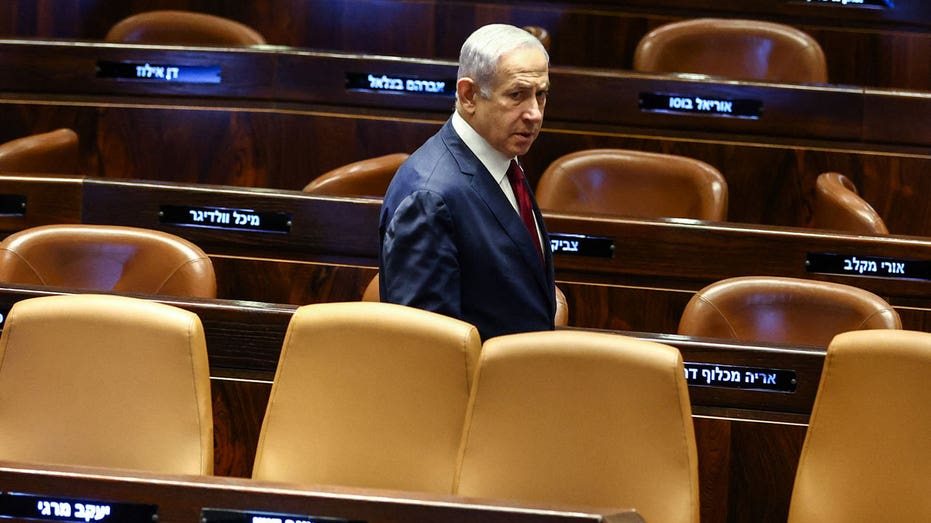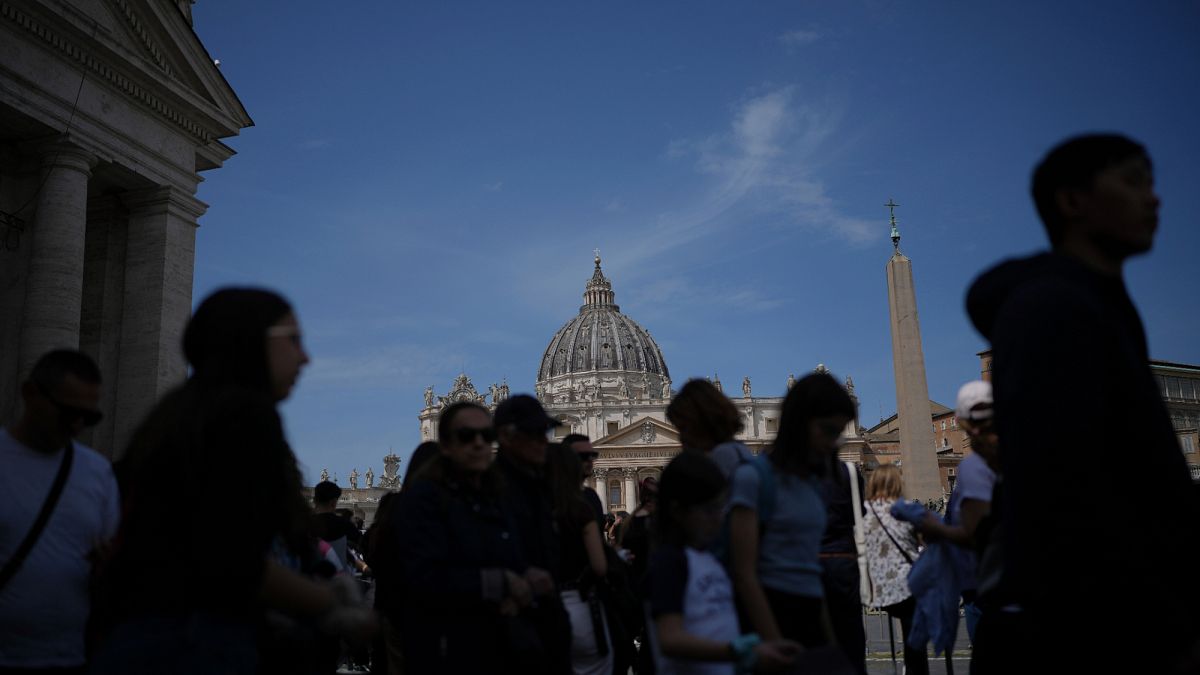Israeli government bloc splits, possible early sign of positioning for election as Gaza war rages on
A centrist bloc in Israel's unity government has broken up, adding to pressure on PM Benjamin Netanyahu as Israeli elections approach, though their exact timing is uncertain.

A centrist bloc in Israel's unity government formed around former defense minister Benny Gantz has broken up, adding to pressure on Prime Minister Benjamin Netanyahu five months into the Gaza war.
After months in which the normal rules of politics were suspended, the split was widely seen as an early sign of positioning ahead of a possible election in the coming months, well before the due date in October 2026.
Gideon Saar, a former justice minister who left Netanyahu's right-wing Likud party to join forces with Gantz, unexpectedly announced late on Tuesday that he was ending the partnership and establishing a separate center-right bloc in parliament.
WHITE HOUSE PREPARING IN CASE CONGRESS MAKES UNRWA FUNDING PAUSE PERMANENT
The two men had joined Netanyahu's right-wing coalition partners in an emergency government of national unity in October in the wake of the Hamas-led attack on Israel that set off the war.
Such coalition shifts are a perennial feature of Israel's byzantine internal politics and the move should have no immediate effect on the stability of the government, with Saar potentially claiming his own seat in the war cabinet.
However analysts said the break-up signaled a return to pre-war politics as usual in Israel.
"Alongside the ongoing political disagreements, the move is evidence of a growing split in Israeli politics after Oct. 7: the return of the right-wing versus center-left," wrote Amit Segal, a columnist in the N12 news outlet.
Gantz, the strong favorite to become Israel's next prime minister, had already upset right-wing and religious nationalist coalition partners with a visit this month to Washington and London, which he made without the approval of Netanyahu.
"We can't ignore the fact that there are challenges in the government's conduct," he said in a speech in parliament on Wednesday, but called for unity and urged parties to "do what's right for Israel."
"When the war ends, we'll hold elections and all candidates can explain what they offer and what they've done for the country during this difficult time," he said.
On Wednesday, Channel 12, one of Israel's main television stations published a poll showing growing support for early elections either immediately or once the war in Gaza is over, with as many as 50% of right-wing voters in favor.
The poll continued to show Gantz's National Unity Party maintaining a runaway lead over Likud, with Gantz himself holding a 12-point personal advantage over Netanyahu.
What's Your Reaction?
















